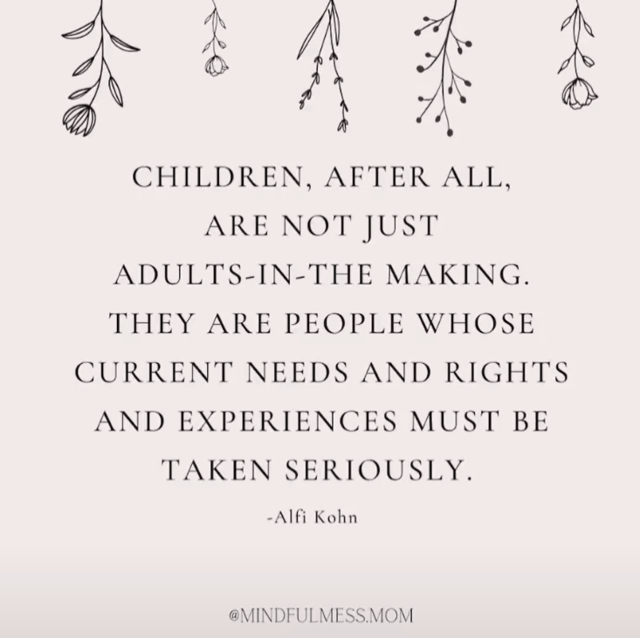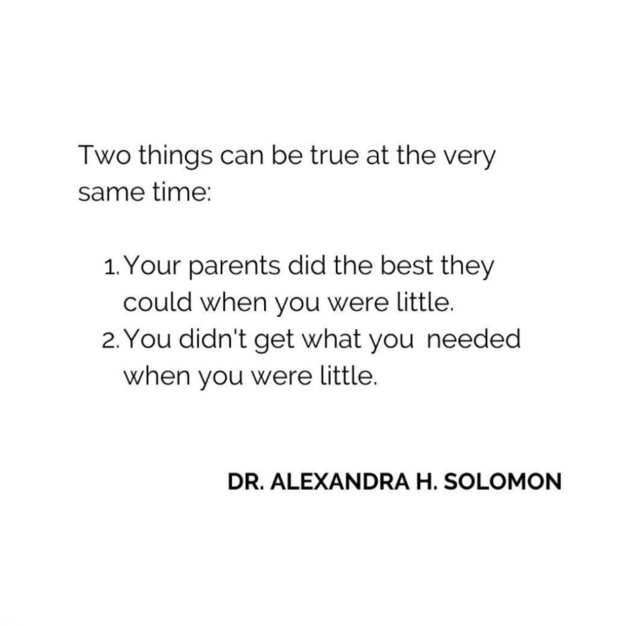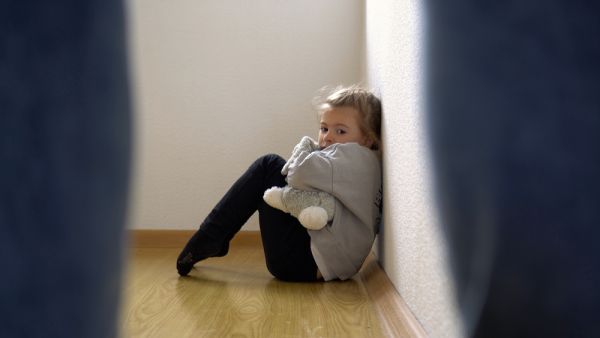Taking care of a child in a healthy and loving manner is not an easy thing to do. However, it is imperative that people understand the responsibility and the gravity of deciding to have children. Because at the end of the day having a child means that you are becoming responsible for another human being, and it has to be taken seriously.

But what so many people, especially parents, fail to see is that parents are human too. And it is okay for them to become frustrated, overwhelmed and feel like they are unable to be the best parents they could be. Not being perfect is completely okay. Because what really matters is knowing how you can be loving, kind, and supportive.
Chances are your child will remember how you made them feel so much more than all the things you bought them.
But sometimes no matter how loving and caring a parent can be, they tend to fall into what is known as parentification. Parentification happens when kids are put in situations where they feel like they are parents rather than just children. And with children being empathetic by nature, it is very easy for them to take on the role of the caregiver and lose their chance of being who they really are: children.
When parents go through a difficult time, many lose sight of the parent-child dynamic and instead start leaning on their children for emotional support. Oblivious to the fact that pouring their emotional baggage on children can be quite damaging.
Studies even show that parentification can negatively impact a child’s academic behavior and quality of life. It is reported that children who were parentified may develop mental disorders like depression and anxiety.
While parents might be hurting their children unintentionally, it is important for them to become aware that they have a responsibility to become aware and avoid actions that result in parentification. For instance, when parents start to confide in their children about their relationship problems, this is considered to be parentification. Children should not have to hear about adult problems or be put in a position to emotionally support a parent. Another example of parentification is when parents rely on children to solve their problems and offer them the emotional and mental support to get through.
When a child is faced with the responsibility to take care of their parents, they might start to wonder what would happen if they did not feel these shoes. In addition, the natural instinct of empathy in children will push them to offer the support they are asked of.
What parents do not see is that they are indirectly asking children to neglect their needs and wants. Children will start wanting to rescue their parents, even if it means they will have to compromise their own emotional needs. This way, children will no longer feel safe to ask for help or know how to put boundaries in place. Soon enough, these children grow into adults who ignore their needs and prioritize the needs of others. Consequently, they become adults who look for people they can fix, thus developing unhealthy relationships built on the idea that they are only here to help others, no matter how toxic or unhealthy they are.
And whether parents might be parentifying their children intentionally or unintentionally, all parents have a duty to become aware of what parentification is and look for ways to ensure they do not fall into it. Here are some things parents can do to avoid parentifying their children:
- Parents should ensure they have a support system. This could include friends, family, or even a therapist.
- Parents should know which tasks they should delegate to children. Children should only be responsible for age-appropriate duties.
- Parents should ensure they have clear boundaries in place.
Ultimately, there is no such thing as the perfect parent. However, trying and being aware is instrumental for parents to try their best.









